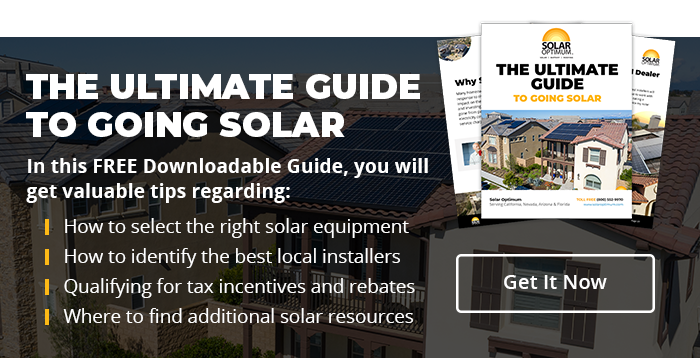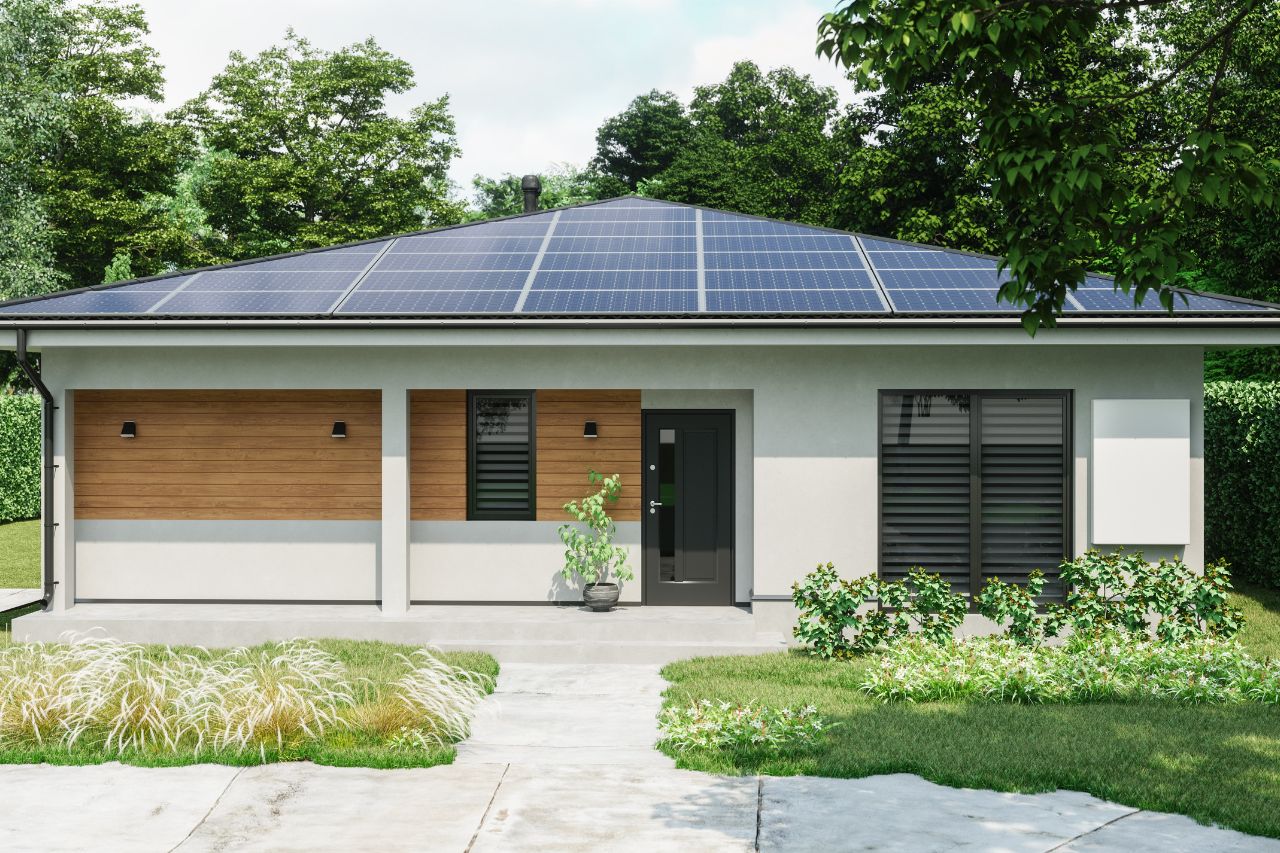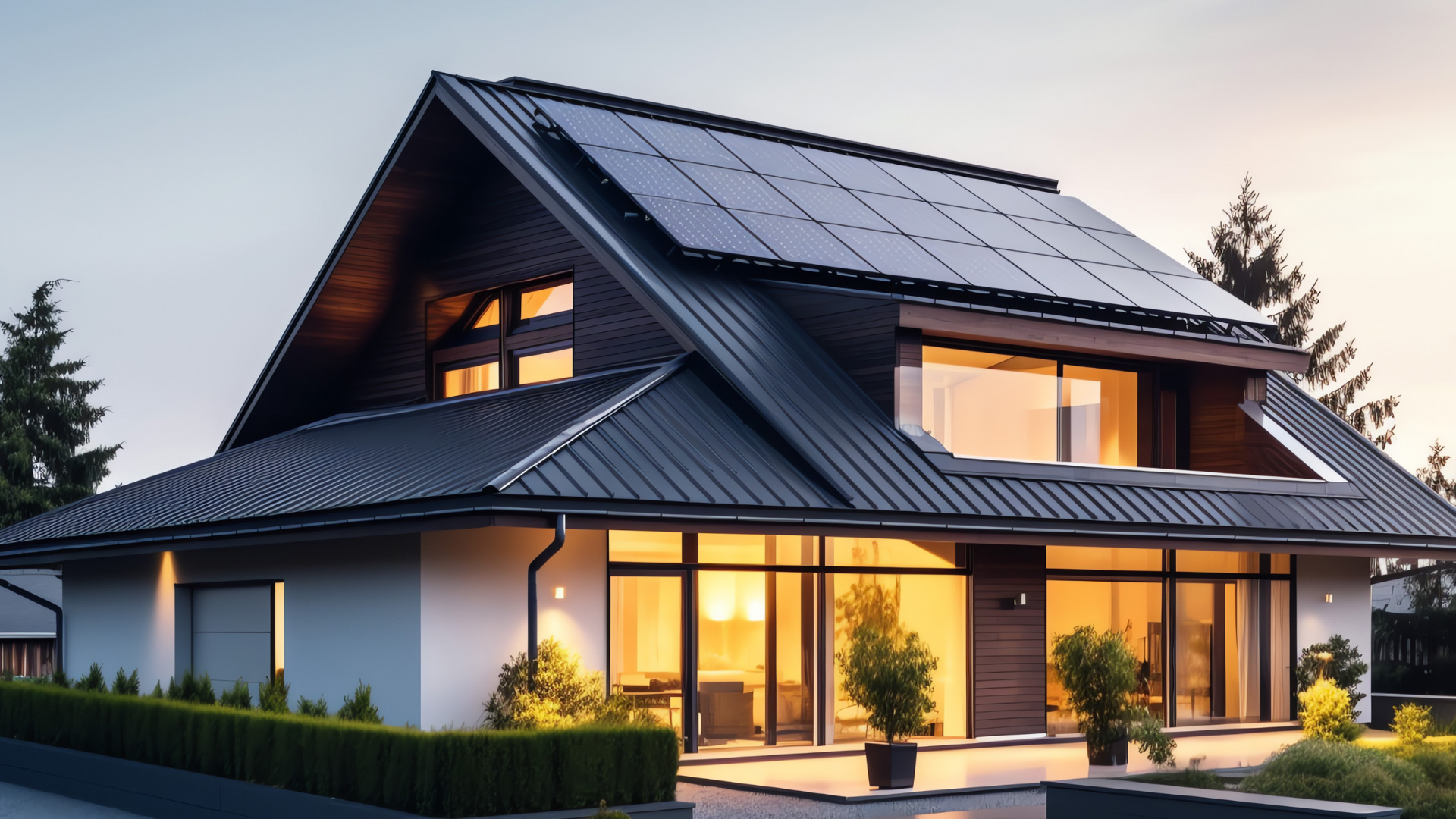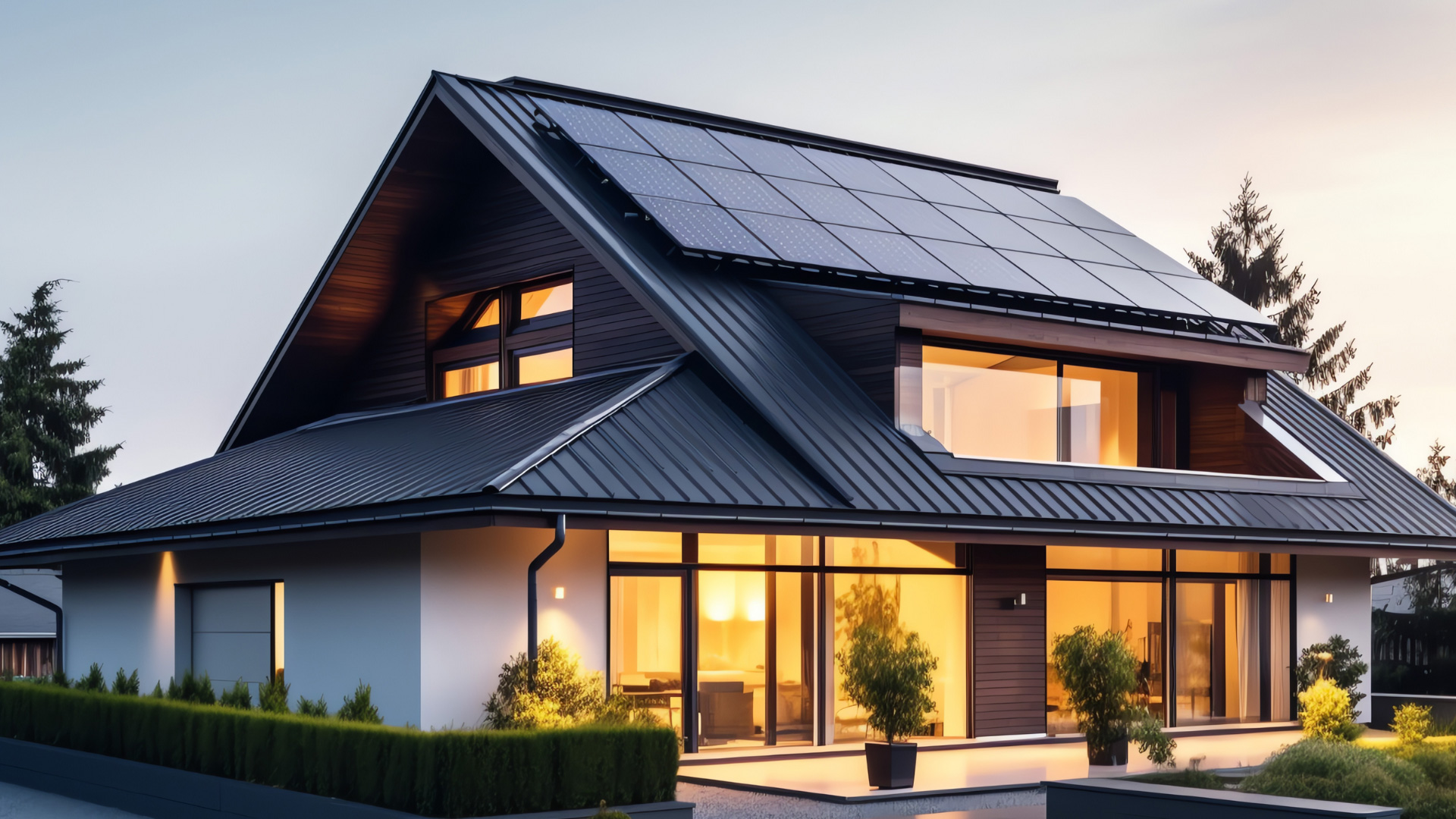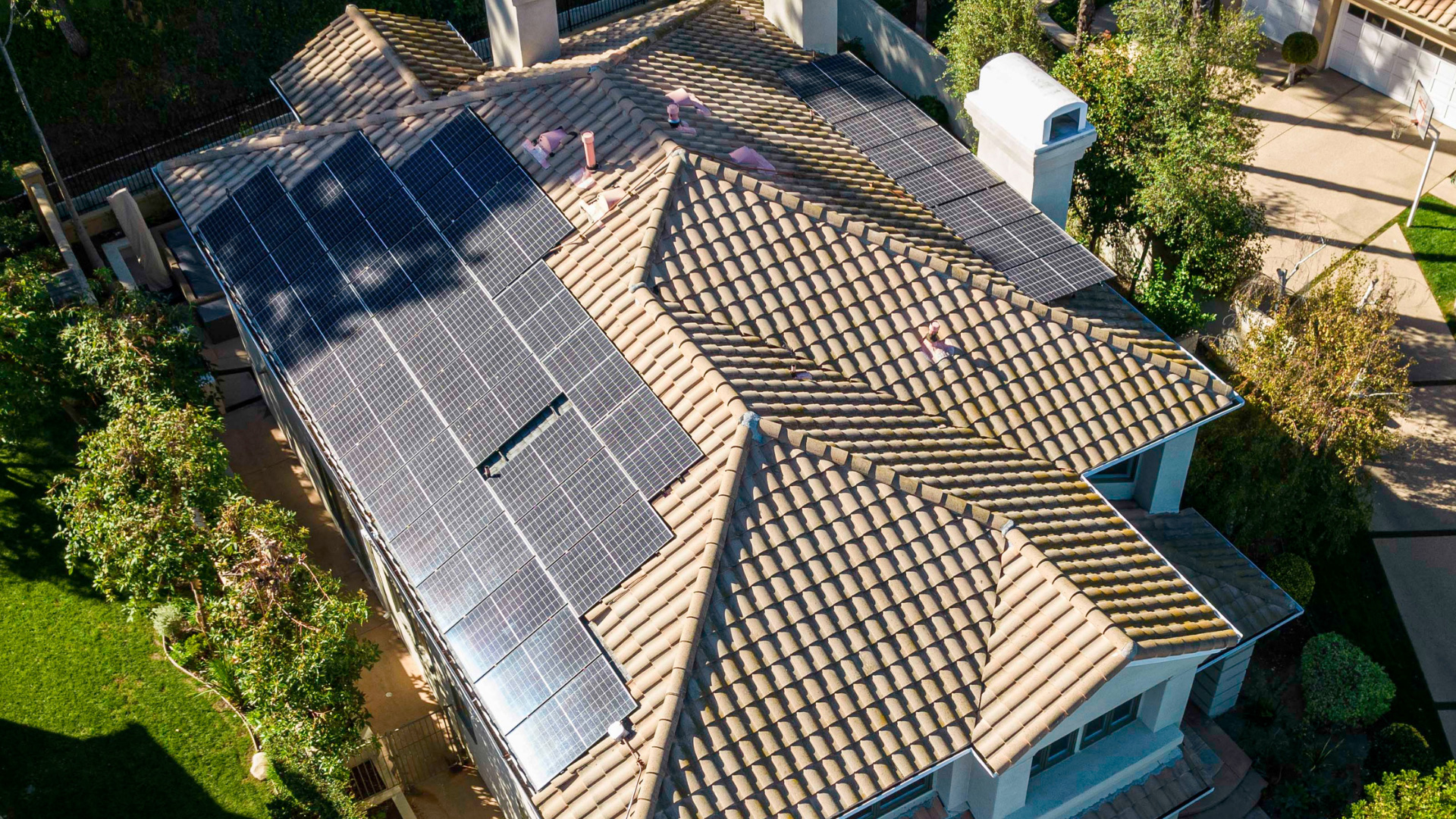The state of Nevada has some of the highest solar power potential in the nation with an average of more than 200 sunny days per year. As a result, nearly a quarter of the state’s energy was produced by solar power in 2022 according to the Solar Energy Industries Association (SEIA).
Although solar panels are an attractive option in Nevada, you might be wondering if higher property taxes will weaken your overall solar savings. It’s true that installing solar panels can significantly increase your property’s value; however, many states exempt solar installations from property taxes to encourage the adoption of solar panels.
In the guide, we’ll dive into the various incentives offered for solar panels in Nevada to help you understand if solar panels will increase your property taxes.
Does Solar Increase the Value of Your Home?
In Nevada, property taxes are based on the value of your home. So, will adding solar panels increase the value of your Nevada home? The answer is yes. The National Renewable Energy Laboratory claims that your home’s value increases by $20 for each $1 in annual utility savings. For a simpler calculation, a 2019 survey by Zillow found that solar panels increase your home’s value by about 4%.
Just because solar panels increase your home’s value doesn’t mean you will automatically pay more in property taxes, though. Some states have special exemptions for solar property when deciding how much your property is worth.
How Does Installing Solar Panels Impact Nevada Property Taxes?
Various states offer property tax exemptions for solar panels, whether for a limited time or forever. The tax exemptions work by subtracting the cost of your solar system from your home’s assessed value. For example, if your home is valued at $200,000 and you install a system worth $15,000, a property tax exemption would keep your home value at $200,000. Nevada doesn’t offer property tax exemption for residential solar installation; however, it provides several solar tax credits and rebates to make it worthwhile.
Various incentive programs encourage homeowners to install solar panels, as Nevada plans to convert 50% of its energy production to renewable sources. Although they are limited, some of these incentives include:
1. Federal solar tax credit
The federal solar tax credit is a critical solar power law that allows anyone installing a solar PV system in 2023 to qualify for a 30% tax rebate. The tax credit is for homeowners with new ground-mount or rooftop solar systems, and to qualify, they must legally own the systems. In Nevada, the selected solar financing method predicts ownership rights, whereby those who purchase a system or take out a loan legally own it.
2. Assembly Bill No. 465
This law creates a solar access program for 25% of low-income earners to enhance the reach of solar power. Furthermore, it provides a means for community-based solar resources to facilitate electric utilities. Overall, the incentive helps low-income earners embrace solar energy by taking advantage of the state’s intervention.
Start Saving with Solar Optimum
Nevada has various incentives to make going solar easy and affordable — and our knowledgeable Energy Consultants will ensure you take advantage of all of them. With the help of Solar Optimum, you can take back your energy independence and start saving with solar. Contact us to get a free quote today!
